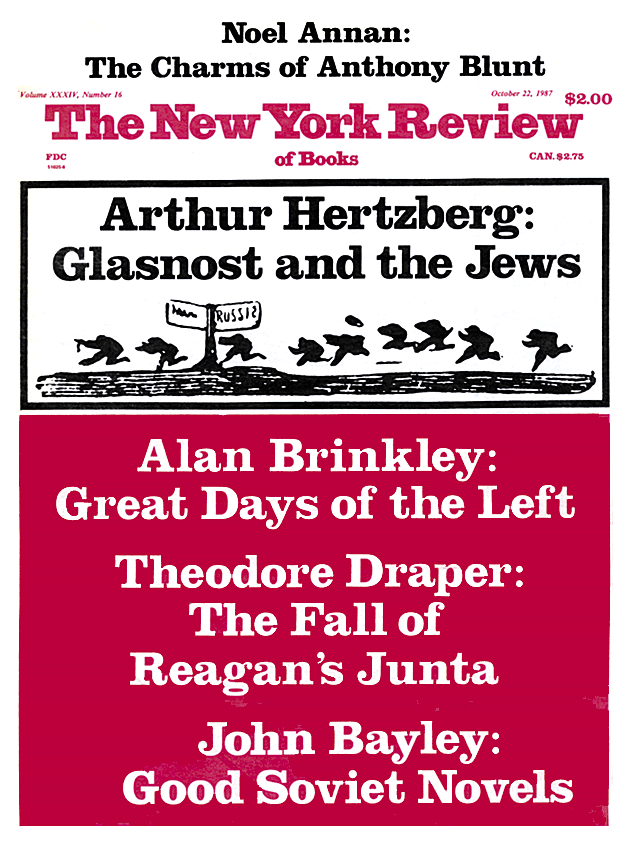John Paul II is unlikely to come among us again, and it would be a pity if he had left behind no image so vivid as of his homesickness and his beleaguerment. All the same, the inference recurred during his visit that we might be watching the burning out of a pope, a phenomenon not as infrequent as we would be happy to think.
No one can be asked to be entirely what he was after he has been shot in the stomach with heavy ammunition, and that incident is enough by itself to account for the step so slow and painful and the smile often no broader than tentative and sometimes almost grudging.
But the wound seems to go deeper than the physical; there is too much the sense of an affliction of the spirit. No pope can ever burn out because he has lost faith in God; the danger comes when he loses faith in man, for then he stops trusting what comes up from below and makes himself a garrison.
Somehow, the more a pope thinks himself beset, the more he feels called upon to declare his infallibility. That doctrine lived with an untroubled acceptance through hundreds of years, but it was not insistently asserted until the last half of the nineteenth century when Pius IX was pope. And Pius IX had the good reason of his scourgings. He began his papacy with a number of concessions to the modern age, and his reward was to lose his temporal possessions to a new and anticlerical Italian state. He was sealed in the Vatican, and all trust in promises of improvement through change was forever and understandably destroyed for him, and he made the doctrine of papal infallibility harder than it had ever quite been before and cast it back in the face of the secular society that had, in its presumption, thought to cast him out.
There were times during his recent visit when John Paul’s tone in moments appointed for triumph sounded oddly like Pius IX’s in the hours of his supposed defeat. Whenever this pope’s thoughts ran back down the chain that links him to Saint Peter, he seemed intent upon the proposition that every link was not merely glorious but free of stain or flaw. The conception was of a reign that stretched through nineteen unerring centuries.
Pius IX had the soundest excuses for falling back upon this great history for refuge. The mystery is why John Paul II feels that he also needs to do so. It is hard to think of a pope since the thirteenth century whose Church is more relevant to its age than his. These may in fact be the richest years in all the ones his Church has endured, simply because their scope is wider.
In the thirteenth century, Catholicism was unknown outside Europe, but it is now a universal force. From Cardinal Sin down the hierarchy to the simplest nuns, the Philippine Church was a critical factor in the overthrow of Ferdinand Marcos. A Korean archbishop is changing the face of his country’s regime. In Poland and Nicaragua, Chile and El Salvador, churchmen stand reproaching and resisting the excesses of the state. Even unbelievers like myself have to concede that the Catholic Church has become the steadiest, and in many places the only, defender of human rights the wide world can show.
The American Church is inescapably an object of John Paul’s discontent, but it would be odd if he viewed it as sourly as he seems to. To some of us, it looks distinctly better than it did when we were young. An occasional bishop utters an occasional nonsense, but this sort of thing is far rarer than it was.
The congregants are less conformist than of old, but such loss as that may involve is more than compensated for by a zest for service unfamiliar to laymen of the past. We cannot quarrel if the Pope is dissatisfied; that is the business of popes. But if he is as unhappy as he sometimes appeared last week, we have every cause to question whether he is indeed always infallible.
This Issue
October 22, 1987


